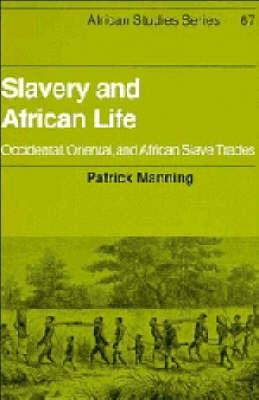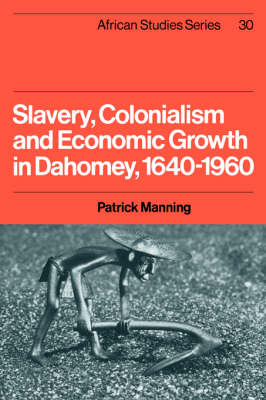African Studies
2 total works
This interpretation of the impact of slavery on African life emphasizes the importance of external demand for slaves - from Occidental and Oriental purchasers - in developing an active trade in slaves within Africa. The book summarizes a wide range of recent literature on slavery for all of tropical Africa. It analyzes the demography, economics, social structure, and ideology of slavery in Africa from the beginning of large-scale exports in the seventeenth century to the gradual elimination of slavery in the twentieth century. While the book is primarily a general survey, it presents interesting research and analysis, especially in the author's demographic model, computer simulation of the slave trade, and analysis of slave prices. The demographic, economic, and social analyses are carefully introduced, so that the book may serve not only as a general introduction to African slavery for an undergraduate audience, but as a primer on interdisciplinary application of social science methodology.
Slavery, Colonialism and Economic Growth in Dahomey, 1640–1960
by Patrick Manning
Published 30 April 1982
The small but important region of Dahomey (now the People's Republic of Benin) has played an active role in the world economy throughout the era of mercantile and industrial capitalism, beginning as an exporter of slaves and becoming an exporter of plain oil and palm kernels. This book covers a span of three centuries, integrating into a single framework the pre-colonial, colonial and post-colonial economic history of Dahomey. Mr Manning has pieced together an extensive body of new evidence and new interpretations: he has combined descriptive evidence with quantitative data on foreign trade, slave demography and colonial government finance, and has used both Marxian and Neoclassical techniques of economic analysis. He argues that, despite the severe strain on population and economic growth caused by the slave trade, the economy continued to expand from the seventeenth to the nineteenth century, and the colonial state acted as an economic depressant rather than a stimulant.

